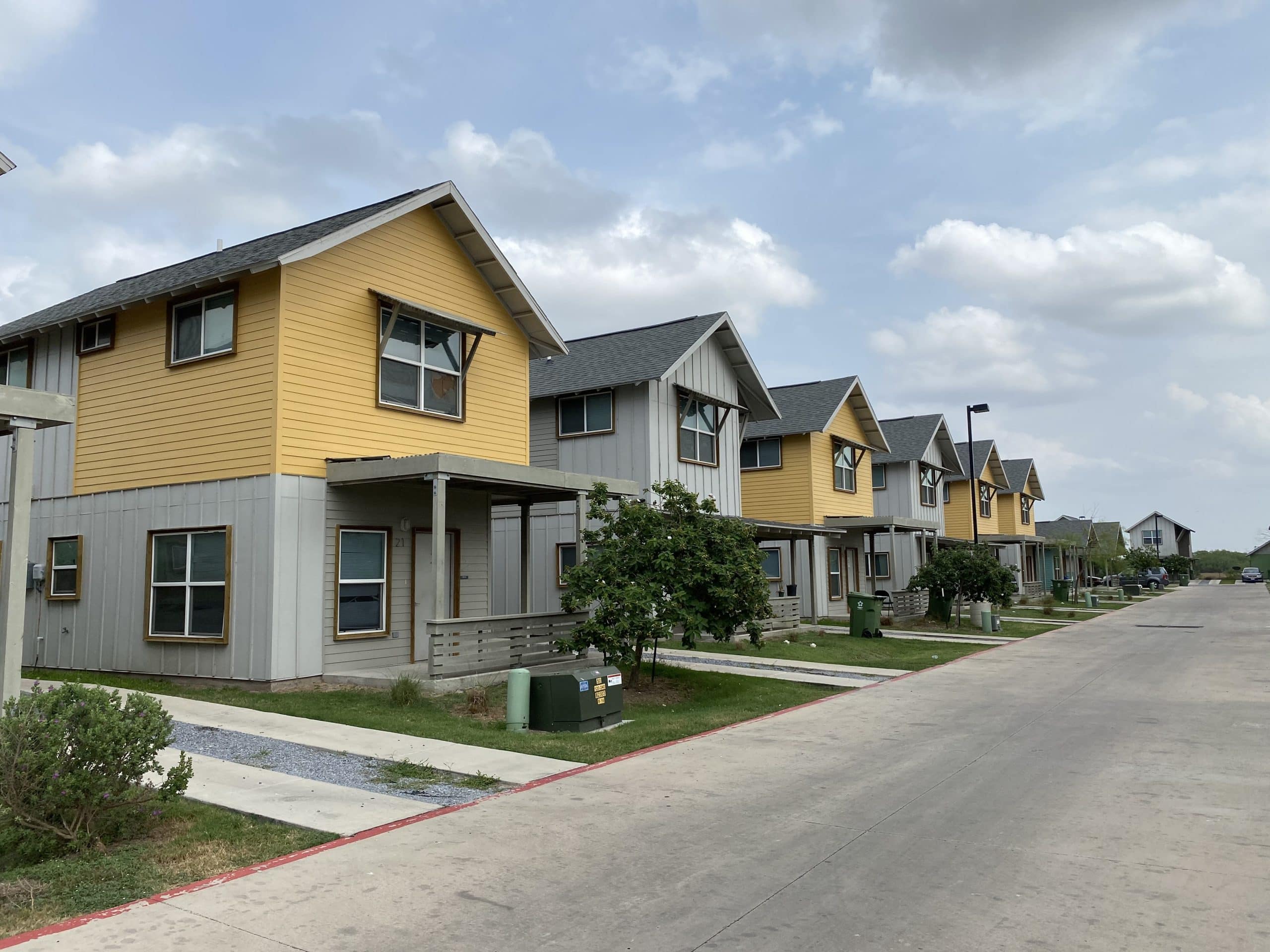
My class of 15 budding entrepreneurs was a mixed group in every sense of the word, by race, gender, and education level. We practiced our “elevator pitches,” wrote business plans, and listened as special guests including insurance agents, bank loan officers, accountants, and marketing experts provided information on what we needed to get our businesses off to the right start. The information was exciting, terrifying, and necessary, because it helped me realize that not only was I nowhere near ready to launch a business, I was also unsure whether I even wanted to.
I discovered that local zoning laws would have required my business to have a separate, commercial space in which to operate, and it became clear that the amount of resources needed—of time, money, and will—were more than I had. I decided to file the idea away and turn my attention back to freelancing and caring for my new baby. I cannot overstate the benefit of going through this rigorous program, however, and know that for many of my classmates, it only reinforced their desire to become their own boss for good.
Because of this education, I now have a clearer understanding why (and how) people with limited or no resources can get their business off to a “wrong” start and stay that way. In class, we were told that without an attorney, without an accountant, without a business banking account, your investment is constantly at risk. This is true, but what was not discussed was that each of these necessities came with a cost; and many people who are starting their own business aren’t doing it because they want to be home with young children or have grown tired of a long commute, it is because they have no money and are trying to generate income for themselves.
Permanent unemployment or chronic underemployment is the alternative for some of these entrepreneurs; and so despite the financial risk, they proceed—under-resourced and without protection. Within many historically underserved neighborhoods, these entrepreneurs are the engines of their community, and their creativity and resourcefulness should be fostered.
Entrepreneurial programs like IFEL, and ProsperUs in Detroit, described in this web exclusive article on Shelterforce online are crucial, not only to the individual entrepreneur, but to their families and the communities they live in and serve. The goal is that as the communities they operate within undergo transformation, they are given the opportunity to grow their businesses and be part of that transformation.
“The change underway in downtown Detroit has inspired underground workers. ‘They see many people [downtown],’ she says. ‘All of the theaters are maxed out, and all of the parking complexes are full.’ This inspires existing business owners to strive to be a part of that growth.”
While it’s encouraging to know that neighborhood revitalization and growth can encourage entrepreneurs to legitimize their business and seek out programs like ProsperUs, such opportunities would be good to come as development is happening, before its too late for these community members to reap the benefits.
The Shelterforce online web exclusive article mentioned above was made possible by a grant from the Surdna Foundation to allow Shelterforce to increase its focus on economic development topics.
(Photo credit: Southwest Solutions)





Comments